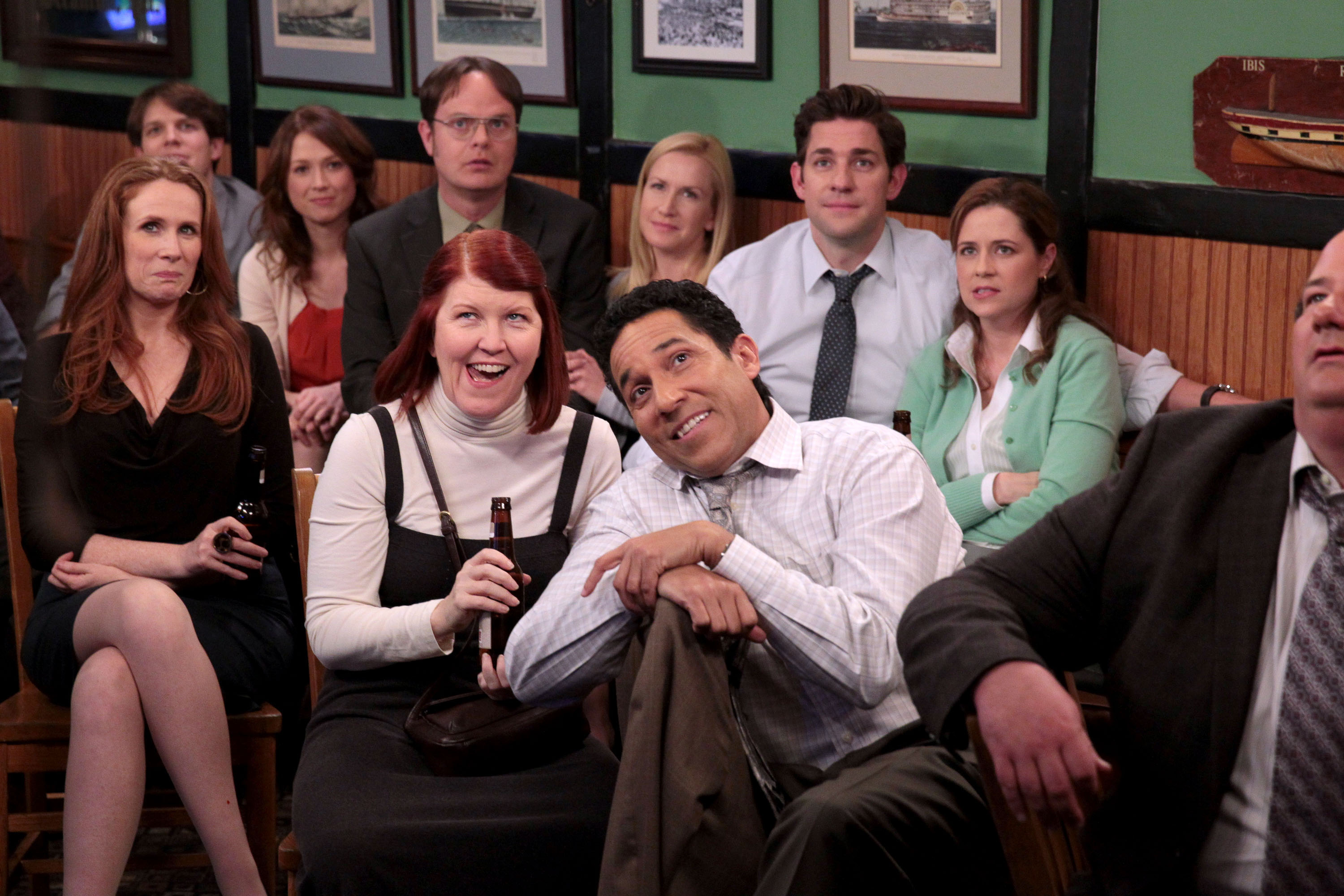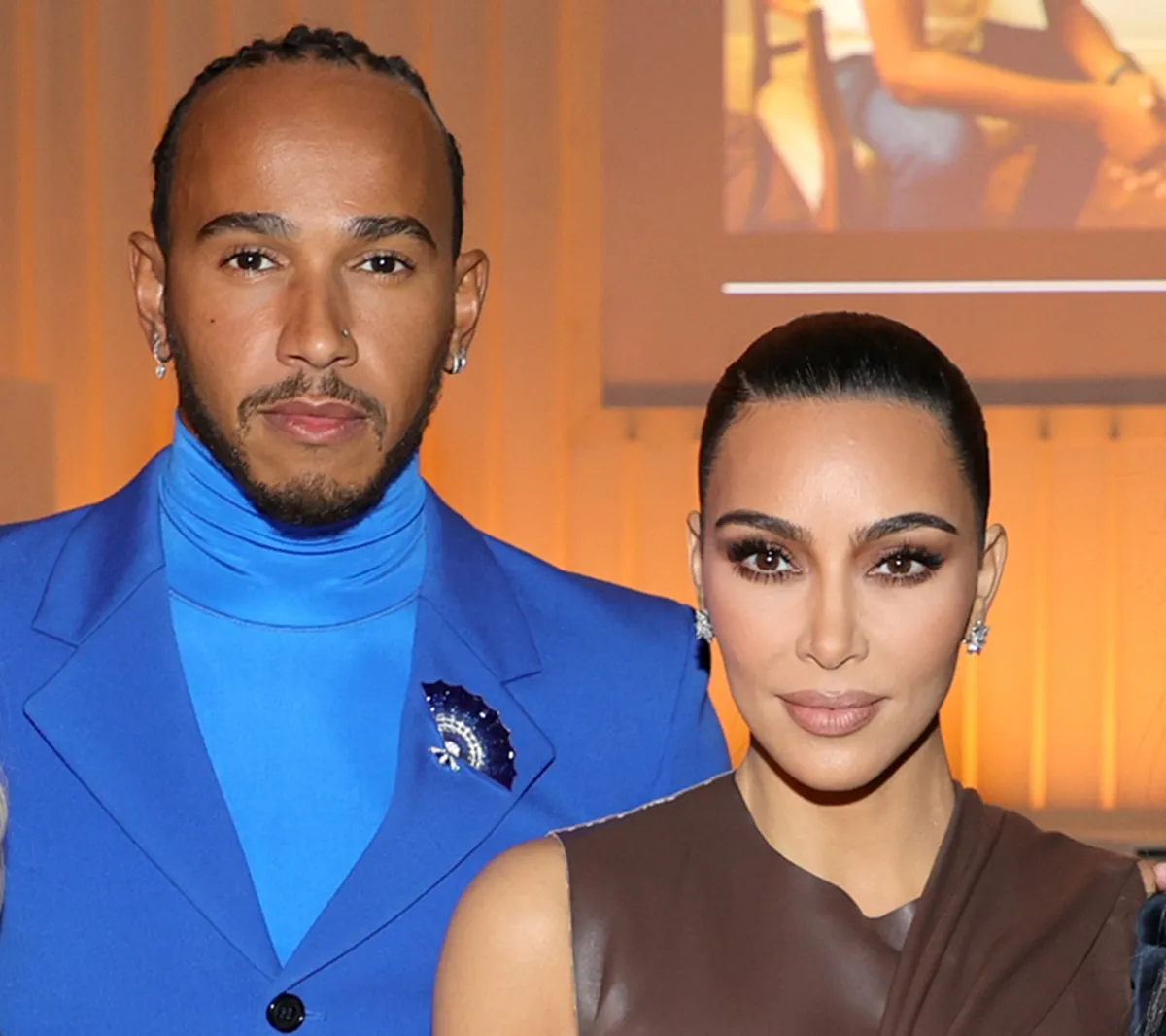‘The Office’: Greg Daniels Wanted the Writers Room To Be Like This Iconic Comedy Show
Director Greg Daniels wanted writers who worked on The Office to approach their jobs like the writers on an iconic comedy series. To do that, he had to break the rules when it came to writing jokes. Find out which show inspired Daniels to break the mold in the writers’ room of The Office.

The writers on ‘The Office’ were fiercely competitive
Office actor Brian Baumgartner mentioned in his podcast An Oral History of The Office that each of the writers who worked on the show had their own superpower.
Given their talents, it was only a matter of time before ideas began to clash.
“Writers’ rooms are very competitive,” Brent Forrester explained. “We are trying to impress each other [and prove] that we are smart and talented. We have a method [of doing that], which is ‘time to say something funny’ and who can do it.”
Forrester recalled his first day walking into the writers’ room and seeing Jen Salata, Paul Lieberstein, and Mike Schur. “We were arguing over some plot point,” Forrester said. To diffuse the tension among them, Forrester said he went into a British accent.
“It diffused everything and then on some level, it kind of says ‘We’re playing a game of comedy performative cleverness, and this is just a move in that dimension.'”
Forrester’s hilarious move was actually something Daniels was looking for in the writers’ room.
Greg Daniels sought to blur the lines between actors and writers on ‘The Office’
“What I didn’t like about network television was how much of a factory it was,” Daniels explained. “[Usually,] there was a writing staff and the writers wrote jokes and the jokes got passed down to the actors. And the writers and actors would always resent each other.”
Daniels mentioned how on other shows, writers tended to include the joke and the punchline in the same breath because they didn’t trust that the actors would deliver them properly.
He didn’t want that for The Office.
“The first thing I really wanted to do was create comedy television in a different pattern so that you could get more laughs off performance and not jokes,” Daniels said.
‘The Office’ sought to be like ‘Saturday Night Live’
“I’ve heard that you were trying to create an environment that was more like SNL,” Baumgartner said to Daniels.
It’s true! Daniels wanted to eliminate the disconnect between his writers and actors. Instead of writers simply writing and delivering lines to actors, he wanted the writers on The Office to be part of the acting process. In a similar way, he also wanted the actors to pitch ideas to the writers.
‘The Office’ cast helped create the characters audiences know and love
Fostering an environment that was similar to SNL‘s proved to be more difficult than Daniels originally thought. To really capture the essence of a role, the writers had to work closely with the actors playing the parts they were writing for.
That partnership proved to be just the thing The Office needed to make it so special. “We became so close with each character and actor and liked them and liked writing them – that doesn’t often happen when they’re so separate,” Paul Lieberstein explained.
To achieve the feel of ‘Saturday Night Live,’ Greg Daniels let the actors take control of their roles
Instead of limiting the writers to writing and the actors to acting, The Office encouraged collaboration.
“[As writers,] what we do is we create a structure within the script that allows good character movement,” Forrester explained. “We’ve roughly plotted what these characters should do and feel, but I say roughly in relation to the depth an actor approaches any one of those characters.”
Many actors on The Office, including Jenna Fischer and Phyllis Smith, came up with backstories that were so good, the writers would turn them into plot points.
In this way, The Office became one of the most memorable series to ever air on television.


